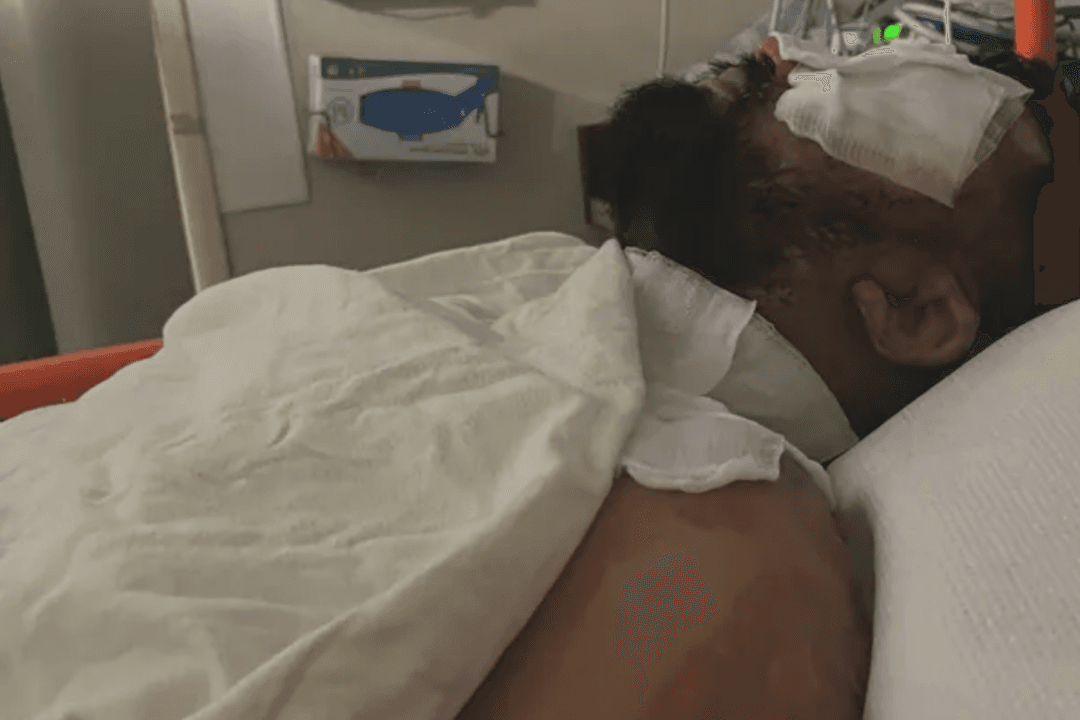Out of six ballot measures, one countywide and five citywide, before San Diego voters in the Nov. 8 election, four were winning, according to updated results Nov. 10, including a county general tax on cannabis businesses and a $3.2 billion bond for city K–12 schools.
San Diegans were evenly split on the remaining two measures, including a new trash collection fee for certain neighborhoods in the city.




